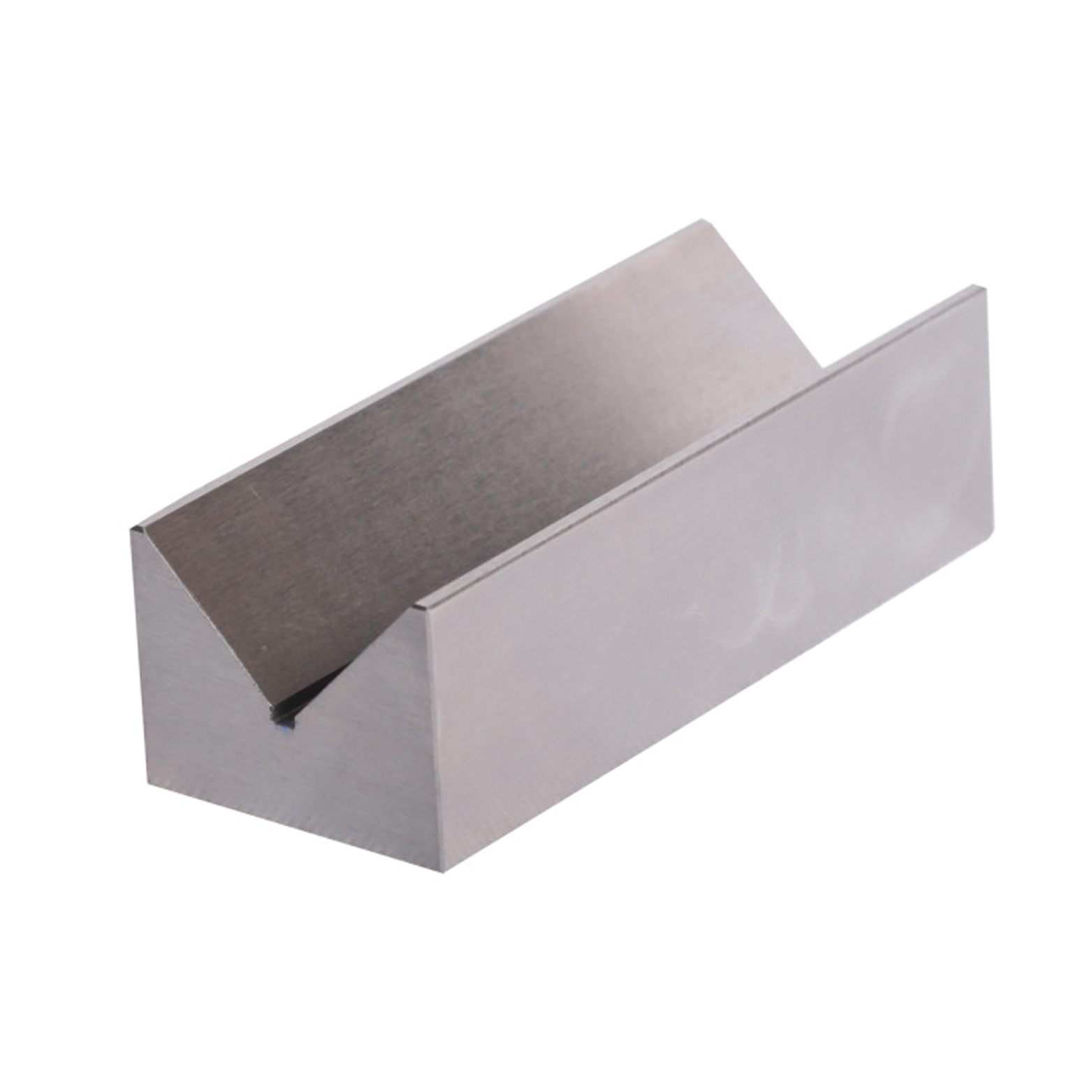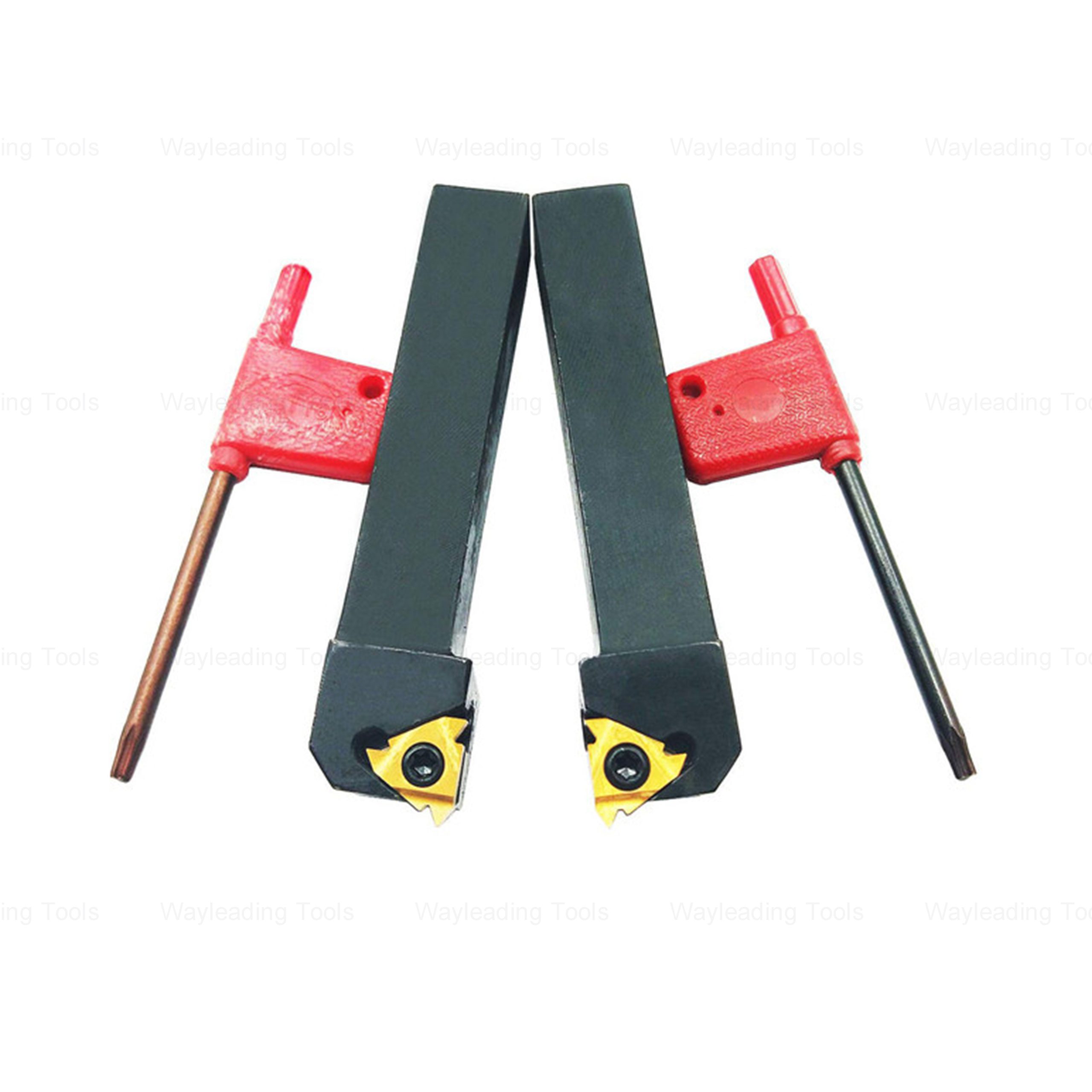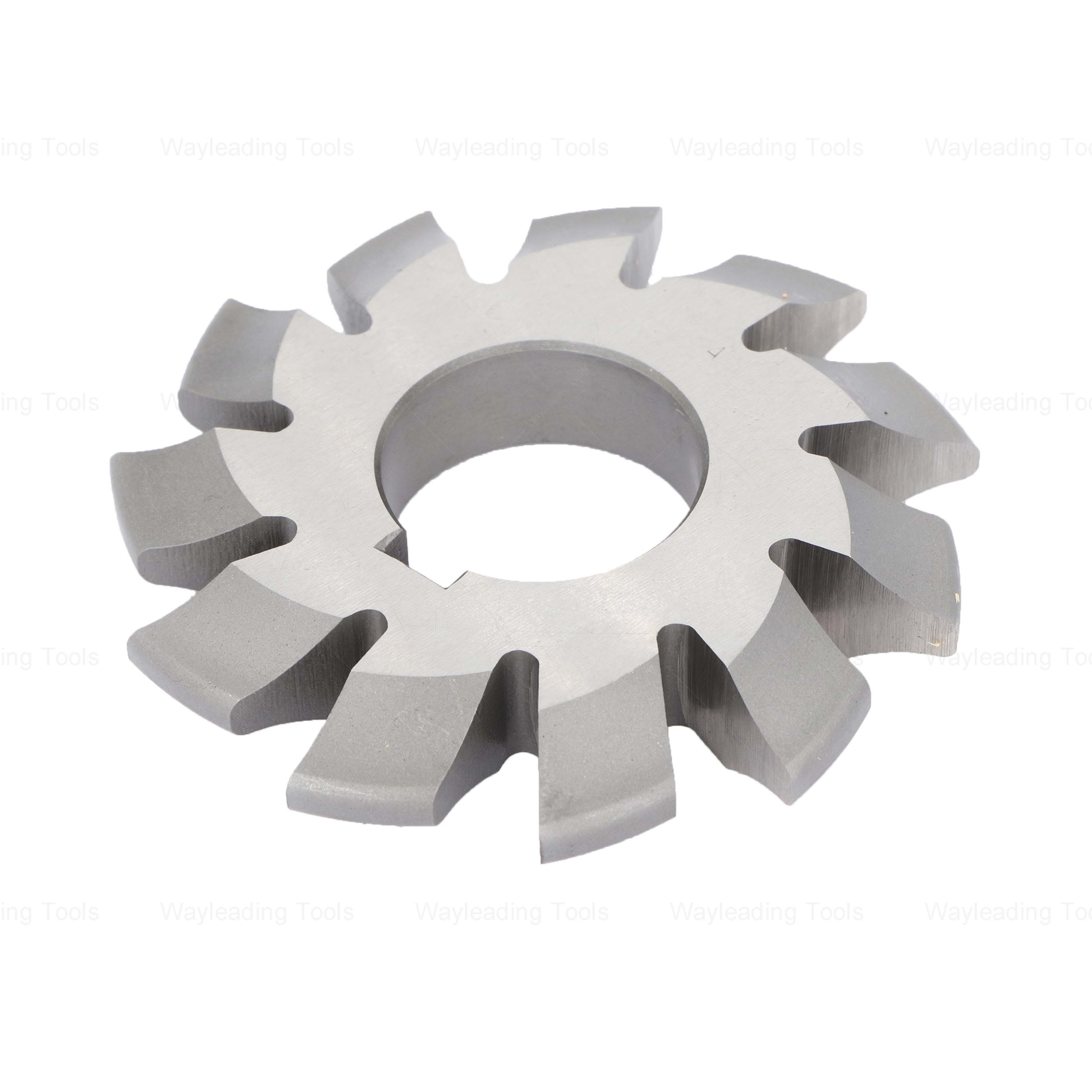tapping tools Factory
Selecting the right tapping tools factory is crucial for ensuring the quality, efficiency, and cost-effectiveness of your threading operations. This guide explores the key factors to consider when choosing a supplier, the different types of tapping tools available, and best practices for optimizing their performance.
Understanding Tapping Tools and Their Applications
Tapping tools, also known as taps, are essential for creating internal threads in various materials. They are used in a wide range of industries, including automotive, aerospace, manufacturing, and construction. Understanding the different types of taps and their specific applications is crucial for selecting the right tool for the job.
Types of Taps
Several types of taps are available, each designed for specific materials and applications:
- Hand Taps: These are the most common type of tap, typically used for manual threading. They are available in sets of three: taper, plug, and bottoming taps.
- Machine Taps: Designed for use with power tools, such as drill presses and CNC machines. They offer faster and more efficient threading compared to hand taps.
- Spiral Point Taps (Gun Taps): These taps push chips ahead of the tap, making them ideal for through-hole tapping.
- Spiral Flute Taps: Designed for blind hole tapping, these taps pull chips back out of the hole.
- Forming Taps (Roll Taps): These taps form threads instead of cutting them, resulting in stronger threads and eliminating chips.
Materials for Taps
Taps are typically made from high-speed steel (HSS) or carbide. HSS taps are suitable for general-purpose tapping, while carbide taps are used for harder materials and high-volume production.
Key Factors to Consider When Choosing a Tapping Tools Factory
Selecting the right tapping tools factory requires careful consideration of several factors:
Quality and Materials
The quality of the materials used in the taps directly impacts their performance and lifespan. Look for factories that use high-quality HSS or carbide and employ stringent quality control processes. Consider asking for material certifications and testing reports.
Manufacturing Capabilities
Assess the factory's manufacturing capabilities, including the types of machines they use, their production capacity, and their ability to customize taps to your specific needs. A good tapping tools factory should have advanced CNC grinding machines and skilled technicians.
Product Range and Customization
Choose a factory that offers a wide range of taps, including different types, sizes, and materials. The ability to customize taps is also important, especially for specialized applications. A factory like Wayleading Tools can offer a vast catalog.
Pricing and Lead Times
Compare prices from different factories, but don't sacrifice quality for cost. Also, inquire about lead times and ensure that the factory can meet your production schedule.
Reputation and Experience
Research the factory's reputation and experience in the industry. Look for customer testimonials, case studies, and certifications. A factory with a proven track record is more likely to deliver high-quality products and reliable service.
Customer Support and Service
Choose a factory that offers excellent customer support and service. This includes prompt responses to inquiries, technical assistance, and after-sales support. Clear communication and responsiveness are essential for a successful partnership.
Optimizing Tapping Tool Performance
Properly using and maintaining your tapping tools is crucial for maximizing their performance and lifespan.
Choosing the Right Cutting Speed
Using the correct cutting speed is essential for preventing premature wear and tear on your taps. Refer to the manufacturer's recommendations for the appropriate cutting speed for the material you are tapping.
Using the Right Lubricant
Using the right lubricant can significantly improve tapping performance and extend tool life. Select a lubricant that is specifically designed for tapping and compatible with the material you are tapping.
Proper Tap Handling and Storage
Handle taps with care and store them in a dry, clean environment to prevent damage and corrosion. Use tap wrenches or tapping attachments designed for the specific tap size.
Regular Inspection and Maintenance
Regularly inspect your taps for signs of wear or damage. Sharpen or replace taps as needed to maintain optimal performance. Establish a maintenance schedule to ensure that your taps are always in good condition.
Case Study: Selecting a Tapping Tools Factory for Automotive Component Manufacturing
A leading automotive component manufacturer was experiencing frequent tap failures and inconsistent thread quality. They decided to evaluate several tapping tools factory to find a supplier that could provide high-quality taps and technical support. After conducting thorough research and visiting several factories, they selected a supplier that offered:
- High-quality HSS and carbide taps
- Custom tap design capabilities
- Technical support and training
- Competitive pricing and lead times
By switching to this new supplier, the manufacturer was able to reduce tap failures, improve thread quality, and increase production efficiency. Here is a simple table showing the impact of selecting a good tapping tools factory.
| Metric | Before | After |
|---|---|---|
| Tap Failures (per 1000 parts) | 15 | 3 |
| Thread Quality (Rejection Rate) | 8% | 2% |
| Production Efficiency (Parts per hour) | 120 | 145 |
Conclusion
Choosing the right tapping tools factory is a critical decision that can significantly impact your threading operations. By carefully considering the factors outlined in this guide and following best practices for tap usage and maintenance, you can ensure the quality, efficiency, and cost-effectiveness of your threading processes. Consider reaching out to companies like Wayleading Tools to explore your options.
Related products
Related products
Best selling products
Best selling products-
 Precision Monoblock Fine-Adjustment Vernier Caliper Of Metric & Imperial For Industrial
Precision Monoblock Fine-Adjustment Vernier Caliper Of Metric & Imperial For Industrial -
 Precision V Block Set With Industrial Type
Precision V Block Set With Industrial Type -
 Parting & Grooving Tool Set With SLTB Blcok, NCIH Blades, GTN Inserts
Parting & Grooving Tool Set With SLTB Blcok, NCIH Blades, GTN Inserts -
 Outside Micrometer Set Of Inch & Metric With Rachet Stop
Outside Micrometer Set Of Inch & Metric With Rachet Stop -
 Indexable External Threading Tool Holder – SER / SEL, Metric & Inch
Indexable External Threading Tool Holder – SER / SEL, Metric & Inch -
 Precision Magnetic Base With Fine Adjustment For Dial Indicator
Precision Magnetic Base With Fine Adjustment For Dial Indicator -
 Precision Vernier Caliper Of Metric & Imperial For Industrial
Precision Vernier Caliper Of Metric & Imperial For Industrial -
 HSS Involute Gear Cutters – Module Type, PA 20° / 14.5°
HSS Involute Gear Cutters – Module Type, PA 20° / 14.5° -
 Adjustable Tap And Reamer Wrench For Thread Cutting Tools
Adjustable Tap And Reamer Wrench For Thread Cutting Tools -
 Precision Dial Caliper Of Double Shock-Proof For Industrial
Precision Dial Caliper Of Double Shock-Proof For Industrial -
 Carbide Tipped Hole Cutter For Cutting Stainless Steel And Iron Or Steel Plate
Carbide Tipped Hole Cutter For Cutting Stainless Steel And Iron Or Steel Plate -
 Precision V Block Set With High Quality Type
Precision V Block Set With High Quality Type









